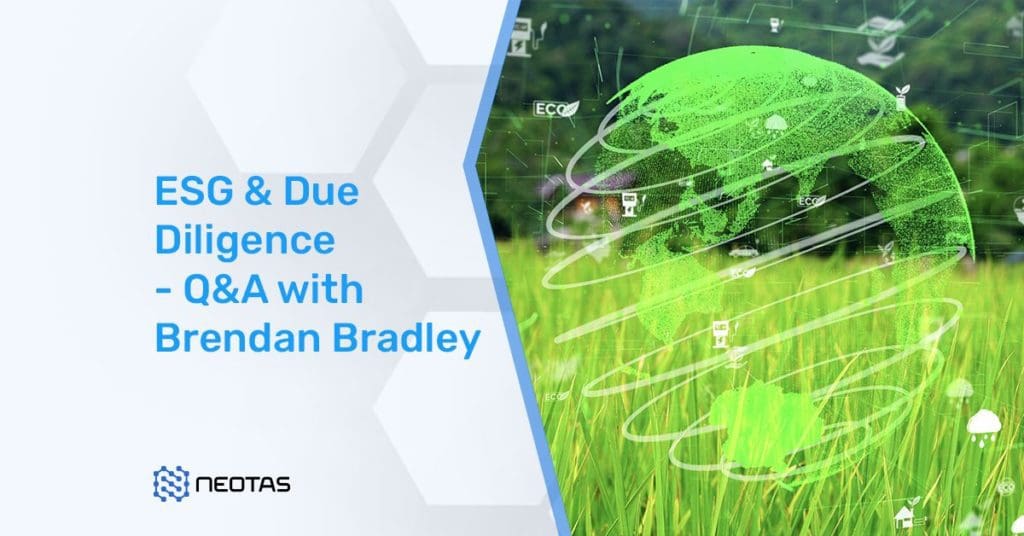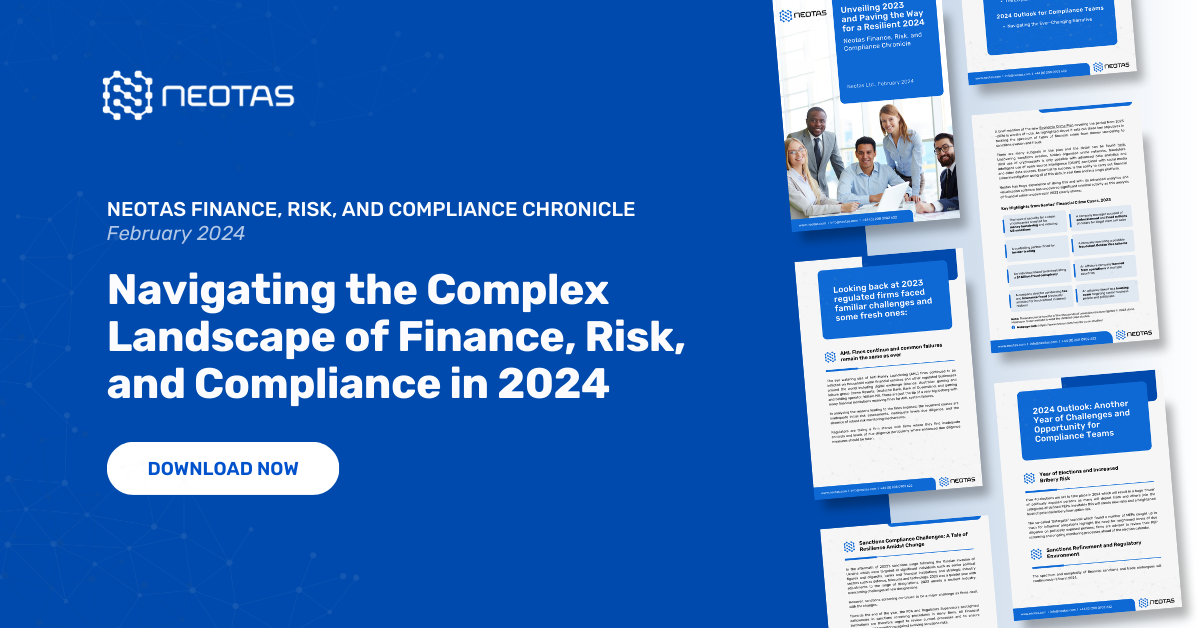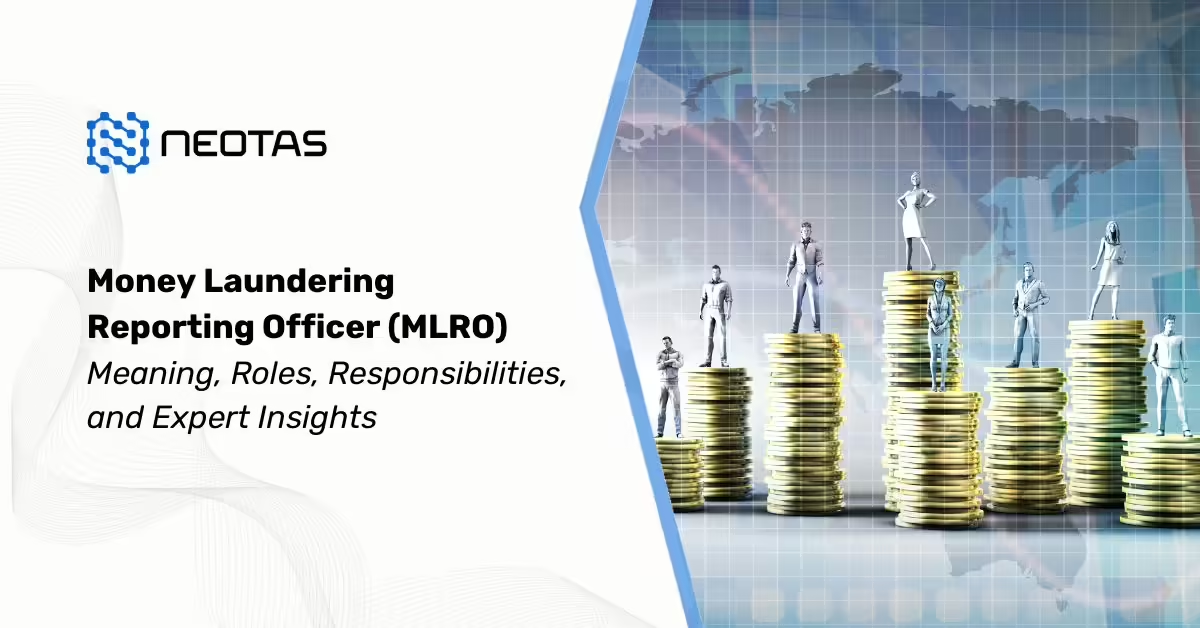ESG Investing & Due Diligence
The topic of ESG continues to gather momentum as one of the defining trends of this decade. But why has the term seen such a surge in interest and are current reporting systems robust enough to report on evolving ESG issues? How can enhanced due diligence be used to improve ESG reporting? We’ve caught up with FinTech expert and author Brendan Bradley, author of ESG Investing for Dummies, to discuss all that and more.
How would you define ESG?
ESG has generally become synonymous with socially responsible investment. However, ESG should be seen as more of a risk management framework for evaluating companies and not as a standalone investment strategy. ESG measures the sustainability and societal impact of an investment in a company. ESG fundamentals are part of an assessment process to apply non-financial factors to a manager’s analysis in identifying material risks and growth opportunities.
What made you want to write the book?
There is a lot of hype around ESG which invariably means that people start using acronyms and making statements off the back of the last thing that they have read. I was as guilty as anybody else. I had co-authored FinTech for Dummies to help bridge the gap in education and decided that I could do that for myself and then help others by writing ESG Investing for Dummies
Why do you think ESG as a topic has seen a huge surge in interest?
With growing action from governments, companies, and investors to consider environmental and societal impacts, it seems inevitable that ESG considerations will be included in all of our investment decisions at some point in the future. As the world is changing, there is a greater requirement to understand what risks or opportunities a company faces from ESG issues that may determine its long-term prospects. The COVID-19 pandemic has highlighted the need to consider these factors even further, hence the recent surge in investments in this space. Even within this century, the context in which businesses operate has changed radically.
What’s driving the increased interest in ESG investing – social conscience or a fear of reputational damage?
Both! Some firms are genuinely trying to be better corporate citizens as in the long run it is good for their business as well as making them more sustainable but all companies are mindful of what the reputational damage does to their bottom line and share price so that will also be in the back of their minds.
How prevalent is corporate greenwashing?
Today greenwashing appears to have become more prevalent, but it is difficult to prove given the lack of a common definition for what constitutes good corporate behaviour. One example of greenwashing could be companies claiming their products are from recycled materials or have energy-saving benefits, while the flip side is regulators calling out asset managers on their use of marketing that represents their products or activities as positively ‘green’ when they are not. Companies are responding but perhaps not always in a manner that is genuinely aligned with improved corporate performance on social or environmental issues.
The other aspect out there at the moment is “Corona-washing”, which is linked to activities following the pandemic. From a similar perspective, companies are claiming that they’re doing certain things to inflate their reputation when perhaps they’re stretching the truth a little.
How important is it to develop an ESG policy?
The expectations of investors and other stakeholders regarding corporate conduct is changing and becoming more demanding. Deciding whether companies really ‘walk the walk’ entails in-depth knowledge of corporate culture, environmental impacts, labour relations, management quality, supply chain practices, and risk profile. Analysts are scrutinizing a company’s ESG claims in the same way they have traditionally viewed a company’s financial statement fundamentals. Companies and fund managers are aware of the premiums they can extract if their products or services are considered to be green or sustainable so having an ESG policy seems to be critical.
How does ESG create value for organisations?
Given that companies with high ESG ratings exhibit a lower cost of capital, less volatile earnings, and lower market risk than companies with low ESG ratings, sustainability should be our new standard for investing. For years analysts have considered good governance as a key trait for successful companies – manage your own house properly and there is more likelihood that you will do the right things as a company. Similarly, in more recent times, companies that have proactively reduced emissions and are environmentally aware are invariably incorporating the new trends of renewable energy or sustainable production and consumption, which today’s consumers are actively considering. And the pandemic has shown which companies are living up to their social responsibilities – whether that is with respect to their employees, customers, suppliers and community.
Is ESG investing currently in a bubble that’s likely to burst any time soon?
The genie is out of the bottle – I think that ESG performance benefitted from the BigTech surge last year – many ESG indices have the FAANG stocks and Tesla in their components so if they experience a drop in share prices ESG performance will do likewise? But I don’t see the Assets under Management going anywhere other than North.
What’s the future for ESG investing?
Given that companies with high ESG ratings exhibit a lower cost of capital, less volatile earnings, and lower market risk than companies with low ESG ratings, sustainability could be the new standard for investing. To enable a further change in allocation and strategy, asset owners may still need greater confidence in investors’ ability to correctly price potential longer-term risks and opportunities. Market participants, as well as regulators and policy makers, are seeking common terminology and standards to be able to identify specific ESG factors.
Are there any dangers with becoming too focused on ESG?
In the same way that there is an ongoing discussion around the pendulum swinging from growth stocks to value stocks, you shouldn’t invest in a stock just because it fits into a given bucket. Similarly, there will be companies that have a high ESG rating for various reasons but that is just one element of the fundamentals of the company – don’t get blinded by the fact that it is a “good” company and ignore the traditional analysis, they may be greenwashing.
What are the increased risks that come with ESG investing?
In some cases there will be an over reliance on external ESG ratings for a company as part of the investment analysis when there are major differences in rating dependent on the provider’s methodology. While such differences exist they may be misleading. Some firms may have inflated values because they have received a given rating which may be unjustified (if this is disproven their share price may drop swiftly). In addition, the general wall of money behind ESG investing may lead to inflated valuations for given firms.
Are the current ESG evaluation systems robust or clear enough to deliver what they promise?
There does tend to be somewhat of a lagged effect to ESG reporting, so therefore you don’t really necessarily always have real time indicators. It can also be quite a scattered reporting system, with some elements delivered to places like the Global Reporting Initiative, others to different agencies and so on.
The analysis itself can also be difficult to quantify. The environmental ratings have been out there a bit longer and have their own reporting requirements, so that is probably getting easier to understand. The governance side is something that everyone would have looked at anyway for a relatively long period of time, though governance analysis can also come down to a subjective opinion. I think the big piece with ESG at the moment is much more the Social factor and that becomes a lot more difficult to quantify or apply a rating.
What kind of changes can you see happening to ESG assessment and regulation?
Potentially having a centralised system to order and standardise the approach where everybody agrees as to what should be reported, that could be a way forward. Though some things will remain difficult to assess using existing technology and will still suffer from the lagged effect without being monitored in real-time.
There is definitely a case for more consistent evaluation in the future, in the form of real-time analysis or annual assessments. We could well see a move towards a more broad, consistent ESG reporting basis where companies, particularly supply chains for larger organisations or those in sensitive industries are monitored more closely with a kind of ongoing analysis. Annual or regular industry wide evaluations may also be commonplace in the future where firms are required to complete assessments.
Can Open Source Intelligence help the ESG decision-making process?
As ESG data is generally lagged, open source intelligence could definitely help if indicators can be compiled on a more real time basis, potentially using NLP services like Neotas. I’ve heard it said previously that there’s not sufficient data out there. I would actually argue sometimes there’s actually too much data that’s washing around, but how material is the data that’s being used and how often is it being reported?
Do you feel the issue could be with self-reporting?
There are definite issues with self-reporting. Are firms likely to divulge information that could harm their reputations? I think there’s a grey area there with respect to what they will report and how much that’s actually being fully audited. If these assessments are being reduced to box-ticking and that’s never audited, you’re reliant on complete honesty from organisations whose number one interest will always be self-preservation.
Issues around ESG often aren’t black and white. Sometimes they’re more subjective. Is it harder to quantify the analysis because of that?
It can be subjective and that makes it difficult to rate. It’s easy to suggest a system like credit ratings but with credit ratings we have a balance sheet, income and debt figures to compare it to. What we’re assessing with ESG has previously been more difficult to quantify and that’s where technology can help. Using tools like open source intelligence, identifying clear risk indicators and monitoring consistently to highlight any issues can help solve this issue.
How would you describe best practice for ESG when it comes to due diligence?
Driving further standardisation around the process and ensuring that companies are reporting material information rather than reporting a lot of irrelevant information to many different providers is key. Best practice should probably include:
- Evaluation of a business’s material ESG risks, liabilities and opportunities
- Benchmark ESG policies, practices and performance against industry peers and sector best practice
- Consideration of compliance with local regulations and international treaties
- Understanding of the elements driving a company’s ESG performance and how they could affect its brand value, relationships, reputation, and trust.
- Evaluate potential liabilities to determine effect on costs and cash flow
If you would like to discuss ESG, corporate governance or any sustainability checks with our team, please schedule a call here. Find out more about lowering your investment risks using open source intelligence here.
Brendan’s new book ESG Investing for Dummies is available to order digitally or in paperback now.
Download our recent ESG due diligence case study here:



 Financial Crime Compliance Trends 2024
Financial Crime Compliance Trends 2024












